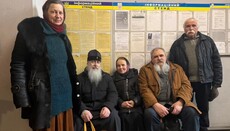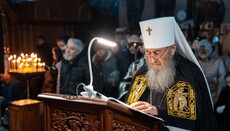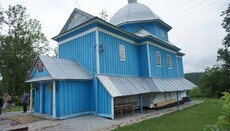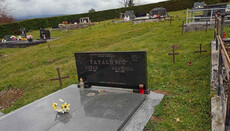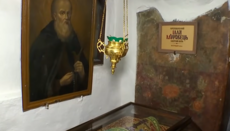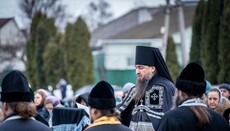Military Enlistment Office comments on UOC cleric’s chaplaincy status
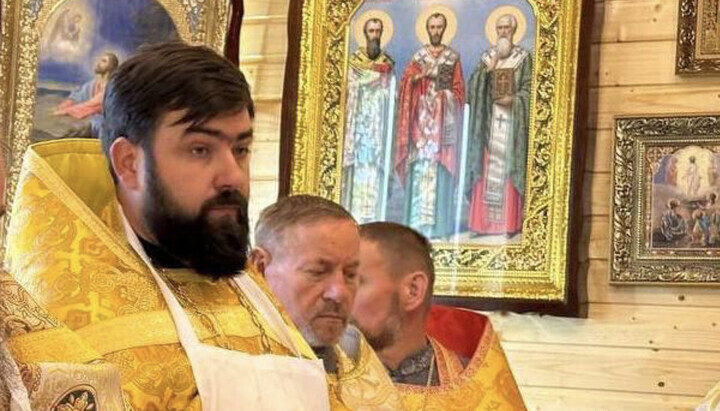
Media claims a UOC representative cannot serve as a chaplain at the front.
In the Rivne region, Archpriest Andriy Stupnytskyi of the Ukrainian Orthodox Church (UOC) was mobilized and, according to local media, is expected to serve as a chaplain in one of the military units.
This caused controversy in the press, as the State Ethnopolitics Agency, citing the anti-church law on renaming the Church, stated that no UOC cleric can serve as a military chaplain.
Previously, the Rivne Diocese of the UOC reported that the 33-year-old priest had medical issues, including high blood pressure and diabetes. Consequently, he was deemed fit only for rear-area service. However, after undergoing a military medical commission (MMC), he was issued a combat summons.
The cleric’s request to serve as a chaplain in Rivne was denied, and he was sent for training in the Lviv region.
Fr. Viktor Zemlyany, secretary of the Rivne Diocese of the UOC, emphasized that according to the Geneva Convention, clergy cannot be combatants and are entitled only to perform spiritual duties. “Under Ukrainian law, clergy, like other men, are subject to mobilization. However, it’s important to understand that clergy have specific considerations during service. According to the Geneva Convention, a clergyman cannot be a combatant, meaning they cannot directly participate in combat. Clergy, like medics, can only perform their primary functions in the army. A mobilized cleric should provide spiritual guidance to the Armed Forces of Ukraine. Soldiers of different denominations also have religious needs. Clergy are forbidden from taking up arms,” he stated.
Tatiana Kameristova, a representative of the Rivne Regional Recruitment Center, noted that to be appointed as a chaplain, one must have a higher theological education and belong to a religious organization officially registered in Ukraine. She saw no issue with Stupnytskyi representing the UOC in this capacity.
As reported by UOJ, the State Service for Ethnopolitics and Freedom of Conscience stated that the UOC’s rights are not restricted, except for the right to serve as chaplains.
